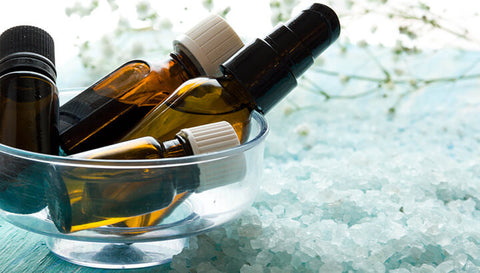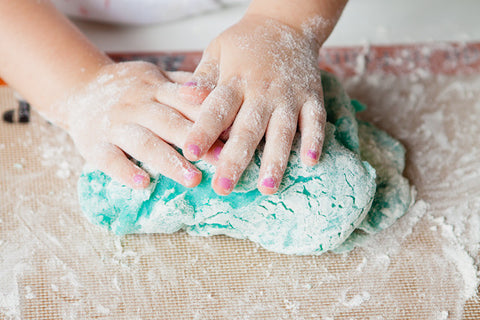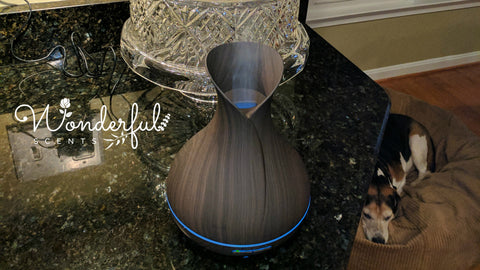Safety Information

Safety First
Like many household products, they can be harmful in a high enough dose, and their bottles don’t have childproof caps, but they smell good enough that kids might assume they are also tasty.
Certain oils like wintergreen, camphor, and tea tree can be harmful to small bodies if they ingest as little as a teaspoon, according to Berkeley Wellness. In one case, 4 mL of wintergreen proved fatal. And ingesting citrus and cinnamon oil can cause painful irritation.
If a kid does get into a bottle of oil or a diffuser, don’t hesitate to call poison control

General Safety And Storage Guidelines For Essential Oils
When using all essential oils, the following general cautions should be adhered to:
- Always dilute an essential oil before applying it to the skin. Dilution may involve using a carrier oil base (such as sweet almond), unscented white lotion, water (although oil and water do not naturally mix together so an emulsifier maybe required in this instance), balm, butter, or perfume base. “Normal” dilution rate of an essential oil is usually recommended at 2%.
- Do not apply essential oils on or near the eyes, lips, or mucous membranes.
- If irritation occurs, discontinue use immediately and consult a suitable health care professional.
- Keep all essential oils and bottles out of the reach of children, babies, and pets.
- Do not diffuse essential oils in an unventilated area – or if babies, children, or pets are present, without first consulting a certified aromatherapist and/or a suitably qualified health care professional.
- When not in use, store all essential oil bottles in a dark, cool place and with the tops closed. Store all essential oil bottles away from heat and flame; they are flammable under conducive conditions.
- Use in low concentration (or not at all) in pregnancy, with babies and children, with seniors, with pets, and with those with a serious illness (we recommend strongly that you consult your health professional before use).
- Educate yourself before using an essential oil for the first time.
- If in doubt, consult a certified aromatherapist.
Essential Oils with Pets

A pet’s anatomical and physiological structure is a lot different to that of a human. In addition, each animal species may react differently to the use of essential oils. In general, the following guidelines apply to the use of essential oils with pets:
- Use hydrosols in preference to essential oils if you are inexperienced in the use of essential oils.
- Do not use essential oils with cats. Their bodies lack a certain enzyme that assists in safely breaking down the chemical components of essential oils. This includes diffusing essential oils around the area in which cats frequent.
- Dogs and horses are usually receptive to using essential oils. Let the animal sniff the the blend before using. Dilution rate depends on the size of the animal and species; consult an aromatherapist trained in the specific use of essential oils with animals for further advice.
Get More Valuable Information From Wonderful Scents
Sign up and receive updates and discounts on Wonderful Scents products as well and other great information about living with essential oils in your daily life!
Or Use the Get Connected Box Below
